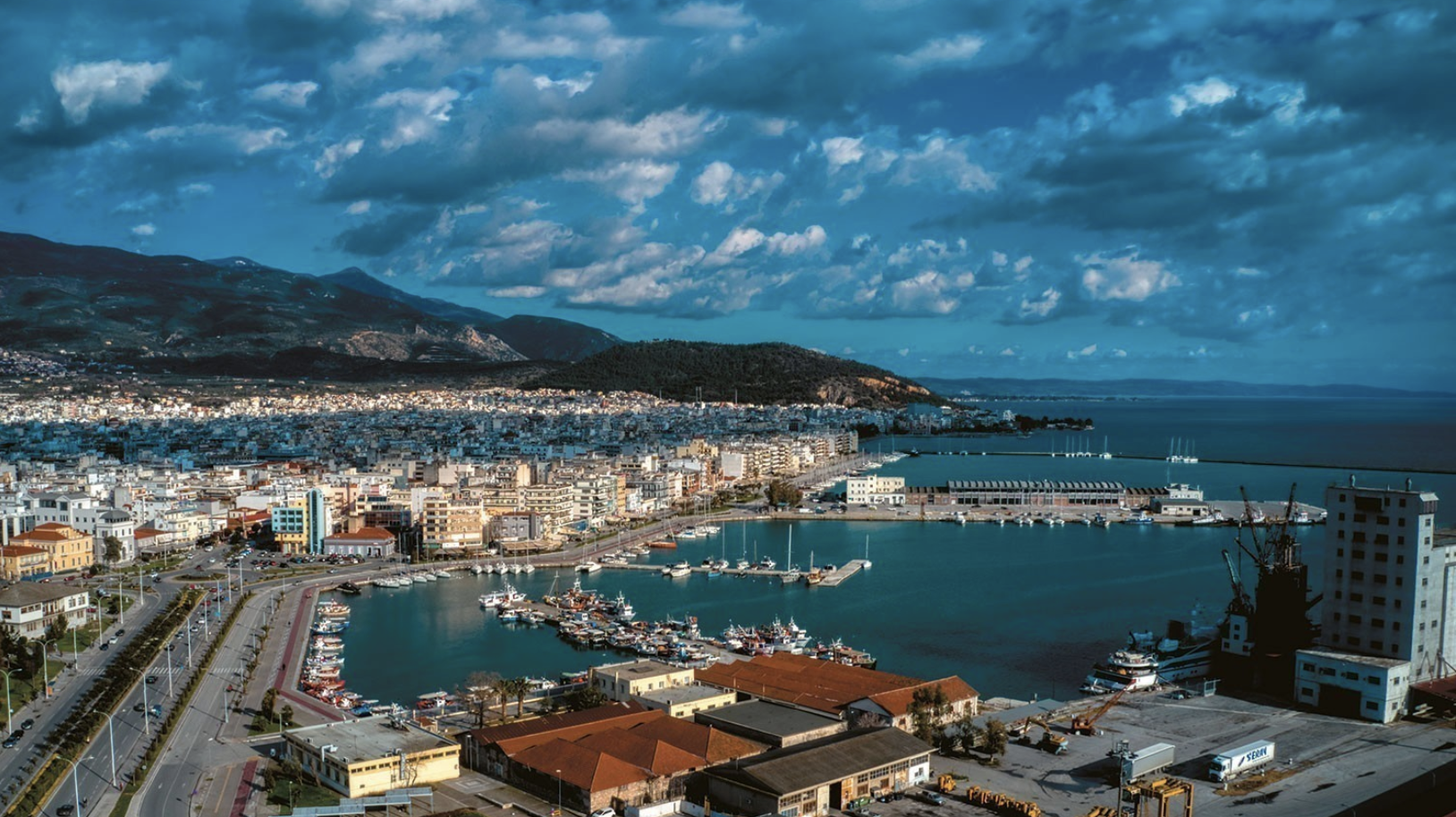Today at noon, as planned, former Prime Minister Antonis Samaras, who is once again out of New Democracy following his “dismissal” yesterday, is scheduled to depart for New York. Is this a sign that he did not expect his expulsion? According to a close associate, he indeed did not consider that his interview with To Vima on Sunday would serve as grounds for dismissal, but he did recognize that his relationship with Kyriakos Mitsotakis had entered a spiral with a seemingly inevitable outcome.
It has been 32 years since that October of 1992, when Mr. Samaras resigned from New Democracy and relinquished his seat in Messinia. The once-favored “child” of New Democracy presidents had earlier been “dismissed” from his position as Minister of Foreign Affairs and realized that he could play a decisive role in political developments. He founded Political Spring, encouraged his political allies Stefanos Stefanopoulos and Giorgos Sympilidis to become independent, and the Mitsotakis government fell. At the time, he was 42 years old and appeared to have everything ahead of him, despite having been a member of parliament since 1977. Today, at 73, with a long political career behind him, his next move seems uncertain.
“Where am I wrong?”
Back to the present. Mr. Samaras is a politician who strongly believes he acts in the best interests of the country. He considers his views, while occasionally heretical or unpopular, to be useful and ultimately vindicated over time. He emphasizes—truthfully—that he has been speaking for years about the rightward shift in Europe and the United States. He tells his interlocutors that he has long warned against the dominance of the woke agenda and rampant rights-focused rhetoric. A typical recent incident saw him appear at the Hellenic Post Office in Kifisia near his home, where he engaged in conversation with citizens about this very topic.
In this context, the former prime minister believes that Kyriakos Mitsotakis has been orchestrating his exclusion for some time. Behind the scenes, he attributes much to his former political ally, whom he once appreciated as his minister and supported as a candidate for New Democracy leadership. He feels systematically ignored, excluded from consultations with former prime ministers, and believes dissent is being criminalized. He also claims to have faced ridicule from the Maximos Mansion, as his desire to become an EU Commissioner in 2019 was widely known. Although Maximos has counterarguments to these claims, it is acknowledged that the “exit” of Grigoris Dimitriadis from the political circle in 2021 impacted Mr. Samaras’ handling. Dimitriadis used to visit Samaras’ office weekly on Dimokritou Street in Kolonaki for open discussions.
Given all this, Mr. Samaras, in a statement tinged with grievance, wonders, “Where am I wrong?” while raising a series of issues. He is deeply convinced that he has not erred. However, he is unlikely to ever admit that he often lets his emotions guide him. This was the case in the infamous interview that became his swan song: he aimed to set a “political trap” with the proposal of Kostas Karamanlis for the Presidency of the Republic but couldn’t hold back his jabs at the “frivolities.” It appears that Mitsotakis’ comment about his handshake with Nikos Pappas at the Professional Chamber Awards deeply irritated him.
The National Issues
Nevertheless, Mr. Samaras believes that his stance over the past period has prevented imminent national concessions. His inner circle confidently speaks of a draft agreement with Turkey that was shelved due to domestic uproar, as well as energy co-exploitation projects without an agreement that were in the works. For this reason, he found it easy to openly criticize Giorgos Gerapetritis. “I sacrificed everything for the homeland, even my health,” he remarked in his statement responding to his expulsion.
A Path into the Unknown
And now a return to the political wilderness? This is the question raised. Mr. Samaras has known and walked this path after his failure in 1996 to re-enter parliament with Political Spring. Eight years passed before he returned to the forefront, joining New Democracy’s European Parliament list under Kostas Karamanlis. Now, however, it’s unclear what he can do. An optimistic associate says he will make decisions soon. Another person in his broader circle believes he practically has few options, let alone forming a new party. On the other hand, he might evolve into an ideological “instructor” of the Greek Right, beyond New Democracy. Aphrodite Latinopoulou was quick to praise him, having integrated into her party many central figures from his era. In any case, while Samaras finds Latinopoulou agreeable, everyone acknowledges that the situation on the right of New Democracy remains somewhat disorganized.
The fact that Samaras’ departure does not inevitably lead to something else clearly impacts many of his interlocutors, who are unwilling to follow him into the unknown.
The President’s Inner Circle
Mr. Samaras’ circle is significantly smaller today than in the past. Still close to him are his former director at the Maximos Mansion, Kostas Bouras, and his press office director, Nikos Tsioutsias. His long-time speechwriter and close associate, Chrysanthos Lazaridis, remains loyal. Sakis Mitsopoulos can be found at his office, and his security chief, Lazaros Glezakos, remains a constant companion. Among New Democracy MPs, his most regular interlocutor and friend is fellow Messinia MP Miltos Chrysomallis, while lawyer Dimitris Giannos is also part of his broader circle. The latter two, however, are unlikely to leave New Democracy due to Samaras’ expulsion.
From the once “entrenched” inner circle (as his close associates were called during his time at Maximos), George Mouroutis has distanced himself, as has Dimitris Stamatis. Similarly, lawyer Stavros Papastavrou and Dimitris Ptochos, who as Governor of the Peloponnese retains political autonomy, are absent. Among MPs, two close friends of his are deputy ministers: Dionysis Stamenitis, a former president of the Political Spring youth wing, and Kostas Karagounis. In his broader circle are Andreas Katsaniotis, Charalambos Athanasiou, Giorgos Karasmanis, Yiannis Pappas, Notis Mitarakis, and others. None of them seems willing to follow him into something that does not yet exist and is extremely unlikely to materialize.
Among independent MPs, however, Mr. Samaras will find a former ally from Political Spring, Marios Salmas, a candidate MP in Aetolia-Acarnania in 1993. “Sometimes history repeats itself as farce,” a New Democracy official commented cryptically yesterday.
Ask me anything
Explore related questions





